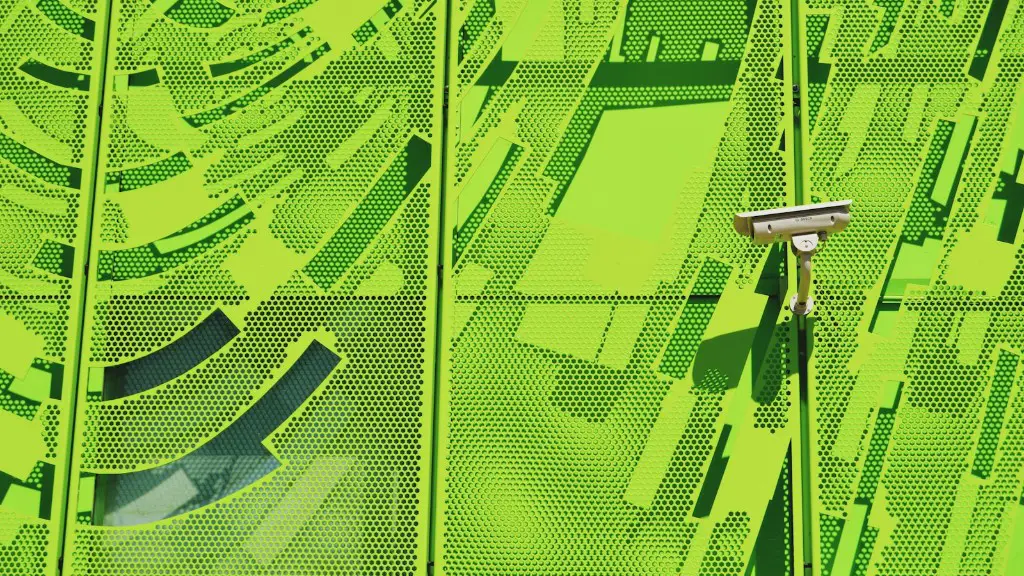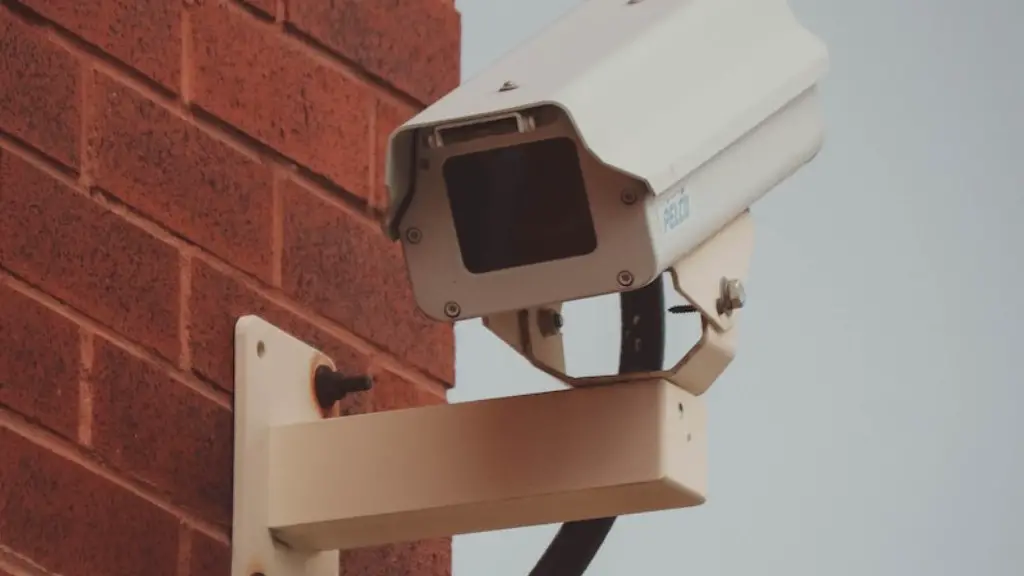The duties of a CIA contractor are very diverse and depend on the specific assignment they are taking on. Though contractors are employed by the Central Intelligence Agency, they can also be assigned tasks by other agencies such as the U.S. Department of Defense, and are responsible for providing intelligence-related services and support. Contractors typically specialize in particular areas. For instance, an analyst may focus on one specific geopolitical region while a linguist may specialize in a certain set of languages. Regardless of the specific duties, all contractors are expected to provide services such as analysis, intelligence gathering, operational support and training.
The role of CIA contractors is mainly to assist with intelligence and intelligence-related activities for the agency. For example, some contractors specialize in background investigations and managing polygraph tests for new or existing employees, or providing data collection and analysis for the various intelligence agencies. Others may be assigned the task of training and evaluation of officers and staff. Contractors can also provide support to the CIA’s operations both in the United States and overseas. This includes providing technical and operational expertise to both clandestine field operations and other assignments such as policy or issue analysis.
One of the most important duties of a contractor is to assist with the collection of intelligence. By leveraging their expertise and technical knowledge, contractors are able to provide the agency with more accurate information than might otherwise be available. This is not only important for field operations, but also essential for decision making and strategic planning. While most of this data gathering is conducted through electronic means, such as interception of communications, some of it is done through human sources such as agents or informants. Contractors are also relied upon to evaluate and verify the accuracy of the information they collect.
Though contractors may not take part in actual field operations, their way of life can be just as difficult. They can find themselves working in hostile or dangerous environments, and may be at risk of being exposed to enemy surveillance. Due to the nature of the work, contractors must also possess a high level of discretion and confidentiality, since intelligence gathered is often sensitive in nature. As such, contractors must adhere to certain security protocols and standards.
The job of a CIA contractor is not without its challenges, but it is a rewarding and exciting career. Contractors must possess strong analytical skills and be able to think strategically. They must also be reliable and have the ability to make quick, informed decisions. Furthermore, the most successful contractors are able to effectively communicate information and draw conclusions from the data they collect.
Types of Intelligence
One of the most important tasks of a CIA contractor is to collect intelligence. Depending on the specific mission, contractors must be familiar with the various types of intelligence available, such as strategic, tactical, or scientific intelligence. Strategic intelligence involves gathering information about future threats or risks to national security, such as an imminent attack or a military build-up in a foreign nation. Tactical intelligence refers to data collected that can assist with decision making on a shorter timescale, such as determining the movements of enemy forces. Lastly, scientific intelligence focuses on the acquisition and analysis of complex data related to potential scientific advances or discoveries in a foreign nation.
No matter the type of intelligence, contractors must possess a detailed knowledge of the sources, methods and technologies used in intelligence gathering and analysis. Depending on the specific mission, contractors must also be familiar with international relations, politics, and even economics, as this information is fundamental to properly understanding the contexts in which they are gathering and processing data.
Contractor assignments may also involve the management of various open-source, or publicly available, intelligence. This type of intelligence relies on the acquisition and analysis of information found on the internet and other publicly available sources. Open-source intelligence helps to fill in gaps and provides the decentralized intelligence agencies with valuable information on a much shorter timeline, as opposed to relying on human sources.
Most open-source intelligence is collected and organized in centralized databases. As such, it is important for contractors to be knowledgeable of the systems, applications, and programs used to efficiently search, store, and evaluate the large volumes of data available. Contractors may even be responsible for designing and implementing these systems.
Crisis Management
Another important duty of a CIA contractor is managing a crisis. Whenever there is an emerging threat to government interests or national security, the agency must act quickly to contain the situation and mitigate potential damage. In order to do so, they rely on contractors to provide strategic analysis and planning on how best to respond to the situation. This includes gathering and evaluating intelligence, developing a course of action, and executing the plan.
CIA contractors must possess strong analytical skills and the ability to think strategically in order to respond effectively to crises. They must be reliable and able to make quick, informed decisions. Furthermore, the most successful contractors are able to effectively communicate information and draw conclusions from the data they are presented with.
Contractor response plans must focus on mission accuracy as well as mission safety. This means that contractors must be familiar with various security protocols and standards in order to ensure the safety of both themselves and the agents under their care. They must also be able to assess risk and determine the likelihood of success for any given plan of action. This requires contractors to have a level of situational awareness and objectivity in order to properly assess the information they are presented with.
Exposure of Enemy Surveillance
The risk of enemy surveillance is a real threat that must not be taken lightly by CIA contractors. Regardless of the location of the assignment, contractors must take all necessary precautions in order to protect both themselves and the agents under their watch. This includes being aware of the potential risks they may face, such as interception of communications or potential attacks.
In order to keep track of possible threats and stay one step ahead, contractors must possess a detailed knowledge of advanced security measures and protocols. This may include monitoring the various channels of communication and ensuring that all classified information is kept secure. They must also be able to identify any suspicious activities or communications that may signal the presence of enemy surveillance.
In addition, contractors must also be familiar with the latest surveillance detection technology. This includes both hardware and software tools, such as cameras and monitoring systems. It is important for contractors to be able to recognize when these systems are being used, as this can allow them to detect the presence of enemy surveillance before it is too late.
Managing Network Security
The role of CIA contractors also includes the management of network security. This includes all aspects of cyber security and the protection of classified data and information. As such, contractors must possess a detailed understanding of computer systems, networks, and applications. This is not only important for their own safety but for the safety of the agents who rely on them for support.
Contractor assignments may include managing network security systems, such as firewalls, intrusion detection systems, and password authentication. They must also be familiar with encryption technology, as this is an essential component of cyber security. Furthermore, they must be knowledgeable of the various protocols and standards used to protect sensitive data and networks.
In order to ensure the security of the CIA’s networks, contractors must also be proficient in the use of forensic tools. These tools allow them to examine and analyze computer systems and networks, as well as detect and respond to any suspicious activities. Furthermore, they must also be able to provide cyber security and incident response training to agents in the field.
Data Management and Analysis
As mentioned above, one of the main duties of a CIA contractor is to gather, analyze and evaluate intelligence. In order to do so, contractors must be familiar with various data processing and analysis techniques. This includes knowing how to properly search, store, organize and share huge volumes of data. Furthermore, they must also be able to produce reports on the data gathered and draw meaningful conclusions from it.
Contractors must also be familiar with various data visualization tools. These tools allow for the examination and analysis of different types of data in a way that is easier to understand. For example, infographics, charts and graphs can be used to represent data in a more visually appealing way.
Contractors must also possess knowledge of databases and cloud computing in order to effectively share and manage data. For instance, they may be responsible for creating and managing databases that store a variety of intelligence-related information. Cloud computing also plays an important role in the sharing of data between the various intelligence agencies, allowing agents to have access to the data they need, no matter where they are located.





